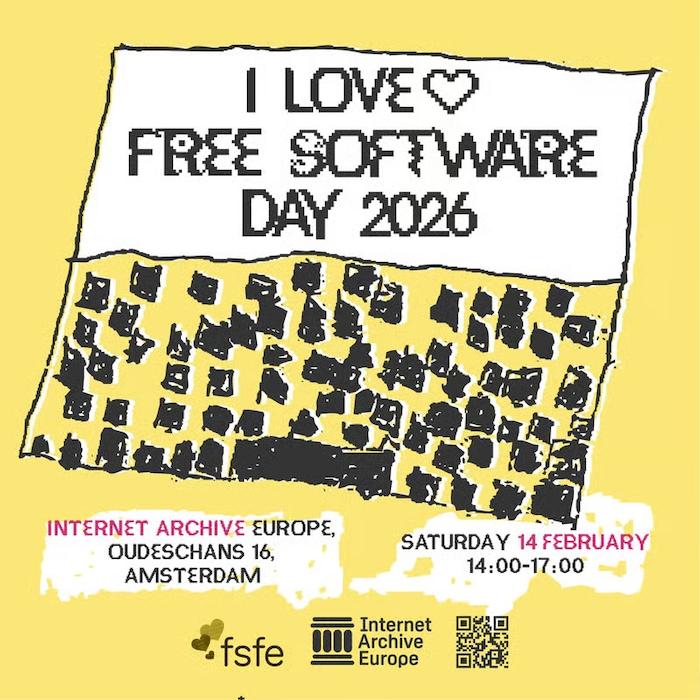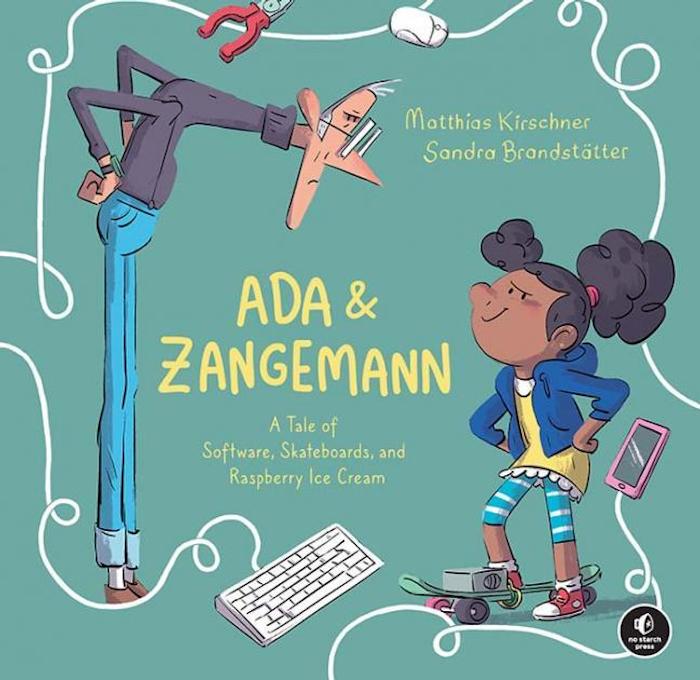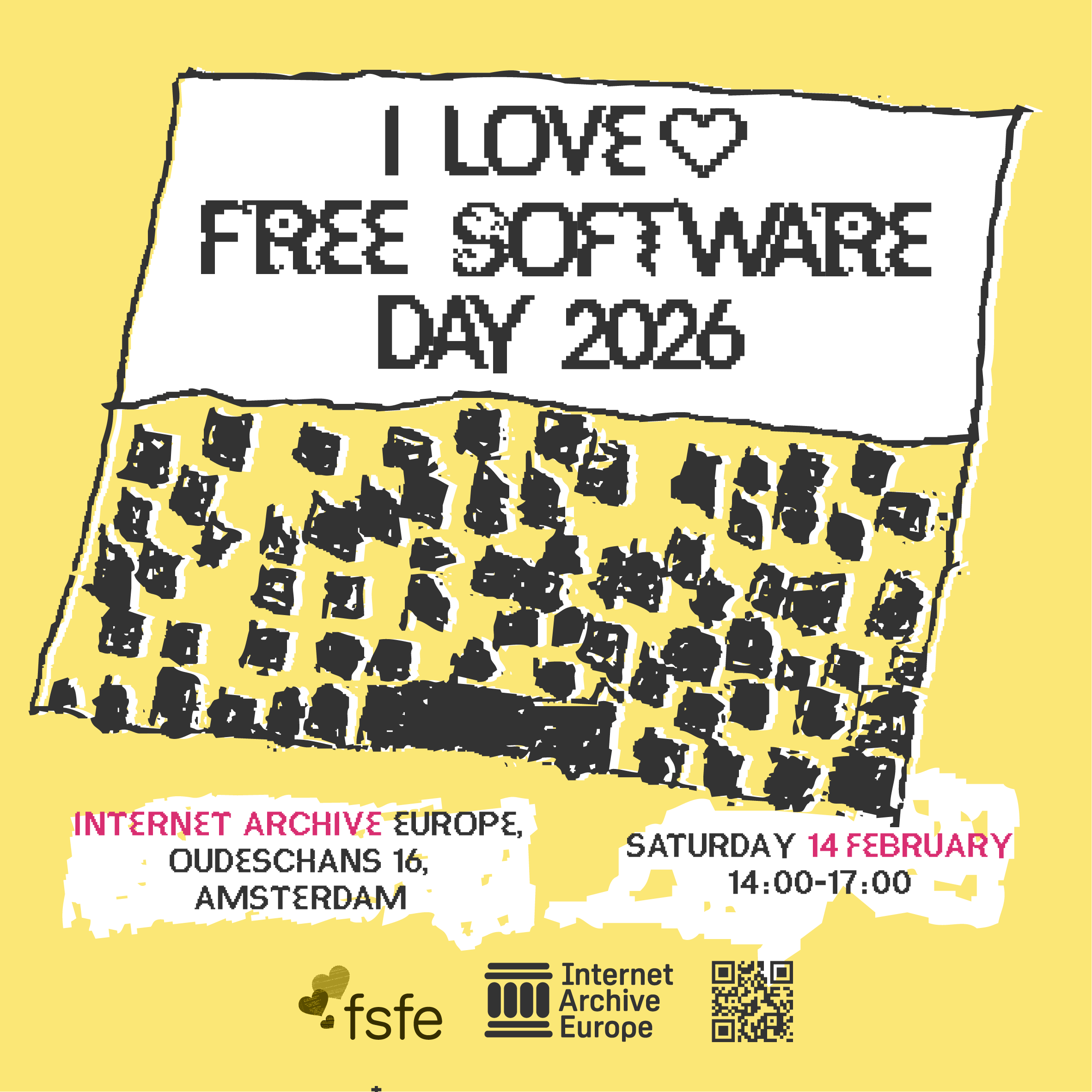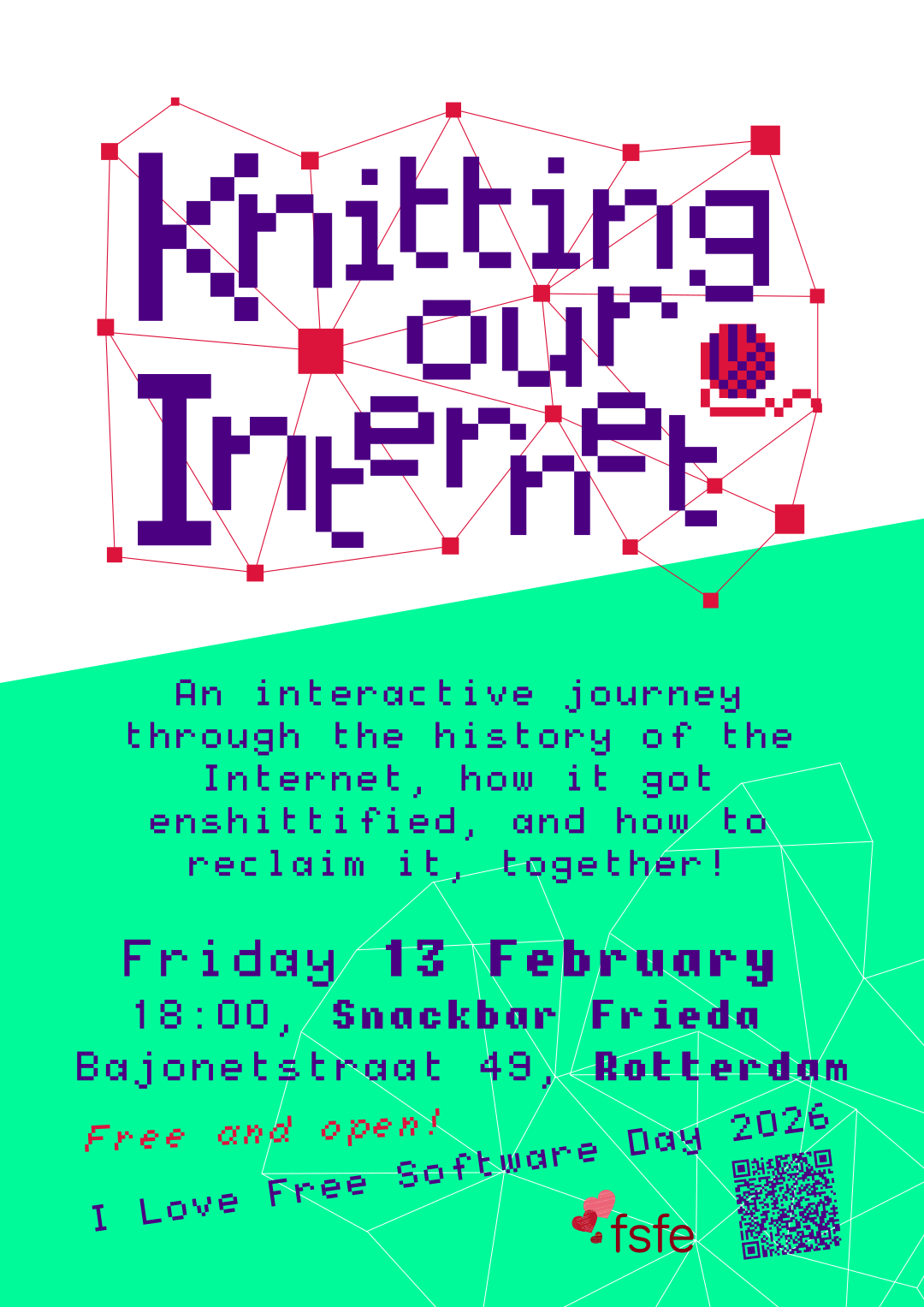🚄 The Bonfire team is rolling into Brussels for FOSDEM 2026!
Come find us at one of Europe’s biggest free software gatherings, with over 8,000 people, dozens of devrooms, and all things open source. We’re giving two talks this weekend (and both will be livestreamed at the links below, so you can join from anywhere, with recordings up afterward):
Building Modular, Consentful, and Federated Social Networks
🎥 Social Web devroom
🗓️ Saturday, Jan 31st, 17:10–17:30 CET
🌐 Local time where you are
Modular Communication Tools on the Open Social Web
🎥 Decentralised Communication devroom
🗓️ Sunday, Feb 1st, 14:45–15:15 CET
🌐 Local time where you are
We’ll be sharing more about the why and how of Bonfire and our ecosystem, hands-on demos, announcing new alliances, and real stories from communities using Bonfire today.
We can’t wait to connect with the open source and fediverse crowd, swap ideas, and meet anyone passionate about building healthier, more flexible, and consentful digital spaces. Whether you’re a developer, community organiser, or just fediverse-curious, come say hi!









